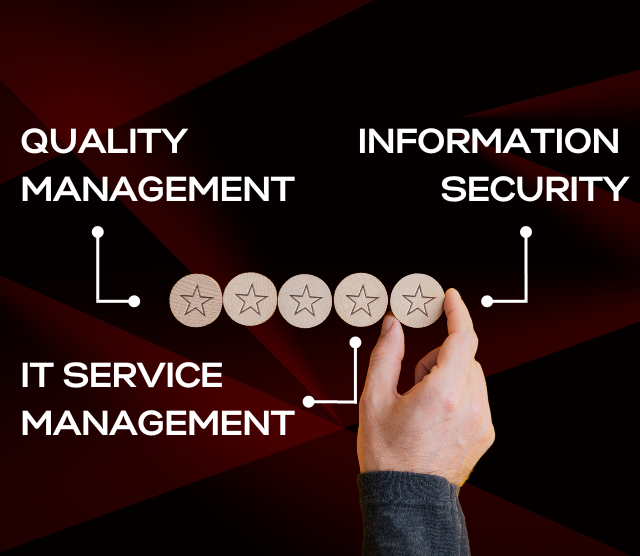Tips and Tricks for Efficient Data Handling
Introduction
In today’s digital age, effective data management is a critical cornerstone of successful business operations. Properly handling and organizing data can lead to enhanced decision-making, streamlined processes, and improved overall business performance. At IDS Consulting, we recognize the significance of efficient data management, and in this article, we’ll delve into some best practices, tips, and tricks to optimize how you handle your data.
Tips & Tricks for you to best handle your data
1. Define Clear Data Governance Policies:
Start by establishing robust data governance policies that define roles, responsibilities, and guidelines for data handling across your organization. Clear governance ensures consistent data quality, access, and security, and serves as the foundation for effective data handling.
2. Implement Data Classification:
Categorize your data based on its sensitivity, importance, and usage. By labeling data with appropriate classifications, you can prioritize security measures, access controls, and retention strategies, ensuring that different types of data receive the appropriate level of protection.
3. Ensure Data Quality:
Maintain high data quality through regular data cleansing, validation, and enrichment. Clean and accurate data is essential for reliable insights and decision-making. Implement automated data quality checks and establish processes to address any issues promptly.
4. Embrace Data Lifecycle Management:
Adopt a structured approach to data lifecycle management, including data creation, storage, usage, archiving, and disposal. Define clear guidelines for each stage of the data lifecycle to ensure data remains relevant, secure, and compliant throughout its journey.
5. Centralize Data Storage:
Create a centralized repository for your data, whether it’s a data warehouse, data lake, or another appropriate solution. Centralization simplifies data access, enhances data consistency, and facilitates easier analysis and reporting.
6. Implement Data Security Measures:
Prioritize data security by implementing encryption, access controls, and authentication mechanisms. Regularly audit and monitor data access to prevent unauthorized usage and potential breaches.
7. Ensure Data Privacy and Compliance:
Stay up-to-date with data privacy regulations and compliance standards relevant to your industry. Implement policies to protect personal and sensitive data, and ensure your data management practices align with legal requirements.
8. Enable Data Collaboration:
Promote collaboration among teams by providing access to relevant and accurate data. Implement tools and platforms that enable data sharing, visualization, and collaboration, fostering a data-driven culture within your organization.
9. Invest in Data Training and Education:
Train your staff in data handling best practices, data literacy, and data security awareness. Well-informed employees contribute to better data management practices and reduce the risk of data mishandling.
10. Regularly Review and Optimize:
Continuously assess and refine your data management practices based on changing business needs, technological advancements, and industry trends. Regular reviews ensure your data management strategy remains aligned with your organization’s goals.
Conclusion:
Efficient data handling is a cornerstone of successful business operations and informed decision-making. By implementing these best practices, your organization can optimize data management, ensure data quality and security, and unlock the full potential of your data assets. At IDS Consulting, we specialize in data management solutions and can help you implement these best practices to drive data-driven success. Contact us today to learn more about how we can assist your organization in achieving efficient and effective data management.


























